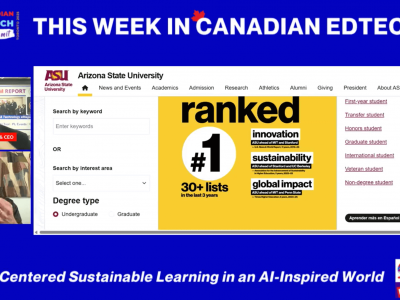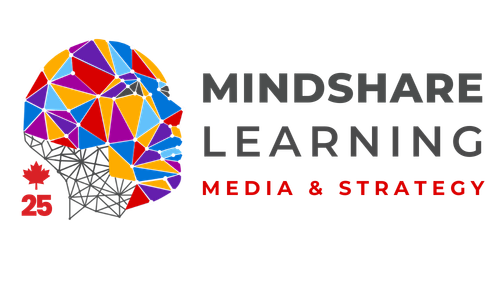Taking Care of Our Well Being as Professionals
Ahhhh…… summer. The skies are blue. The sun is high. The days are long. Whether you’re seeped in the hustle and bustle of activity in the city, relaxing with a book at the cottage or dipping a paddle off the side of a canoe in a lake in the wilderness, we hope you are enjoying them!
Last month we wrote about the importance of effective professional learning to support student outcomes and well being. Equally important to achieving those goals are monitoring and nurturing our own happiness, mental health and well being as educators.
Sound Familiar?
Mentoring is an act of learning. One of the most powerful things a mentor can do is help their colleague hold up a mirror to their practice and in this mirror see all their strengths and attributes, not just the flaws and challenges of what isn’t working. Through this de-privatization of practice, the quiet victories and moments of beauty that teaching provides can be surfaced, elevated and celebrated. This is authentic “inside out”, learner driven collaborative professionalism.
As mentors, one of our biggest challenges is to hold up this same mirror to ourselves and not just see our own flaws. Simply put as a profession we are incredibly hard on ourselves. Our day ends and we don’t often celebrate our “quiet victories”, we reflect upon the one (or two or three!) things that went wrong.
In other words, we fail the “best edu-friend” test. If our colleague came to us with their challenges, concerns and worries, we’d be so accepting and understanding. Yet somehow it’s difficult to give this same level of acceptance to ourselves. We’re reluctant to acknowledge celebrate and elevate our own strengths and attributes.
How Can We Take Care of Ourselves?
How can we not? For every educator, practicing self-care is personal. It looks, feels and sounds different for every individual. And it should. Only we truly know our most intimate needs and selves.
Practicing self-care is not easy as our busy, hyper-connected world but whether we meditate, move, create or relax, the benefits of self-care have been well documented. Self-care affects our physical and emotional health. It gives us time to think, or to be alone. It soothes. We can become more resilient and better handle life’s stress.
Slow down. Slowing down makes you more productive. Whether it’s taking time for yoga, a team sport, having a latte with a friend, or saying no to commitments that overextend, slowing down can help us feel more present and focus on what we define as important.
Monitor self-talk. Listen to your inner voice. What is it saying? How is it treating you? We can see the world differently when we treat ourselves with love and compassion.
Eat healthy, sleep well and exercise (and dance!)
Monitor social media. Wander where the wifi is weak, whether it’s a full out social media cleanse for a day or weekend, or simply turning off your notifications.
Do something you love for yourself every day. For the past 20 years, I (Jim) have been starting each day in the kayak, watching the sun rise on Lake Ontario. For me the exercise is great, but what is really powerful is the time to think, to wonder, to reflect, to centre my thoughts. For the past few years, I (Karen) have been writing every day. While this started simply as a journal to jot, doodle and capture wandering thoughts, the last two years I’ve channelled this joy and creativity into drafting my first novel.
With the new school year not far off in the distance, it’s a good time to take a moment to reflect about how we may best support ourselves. How are you fostering your own being? What are your “kayak moments” and who are your “kayak people” who bring you strength, energy, passion, love and hope?

References
Ontario Ministry of Education, Mentoring for All (2017)
https://www.teachontario.ca/community/explore/mentoring-for-all









